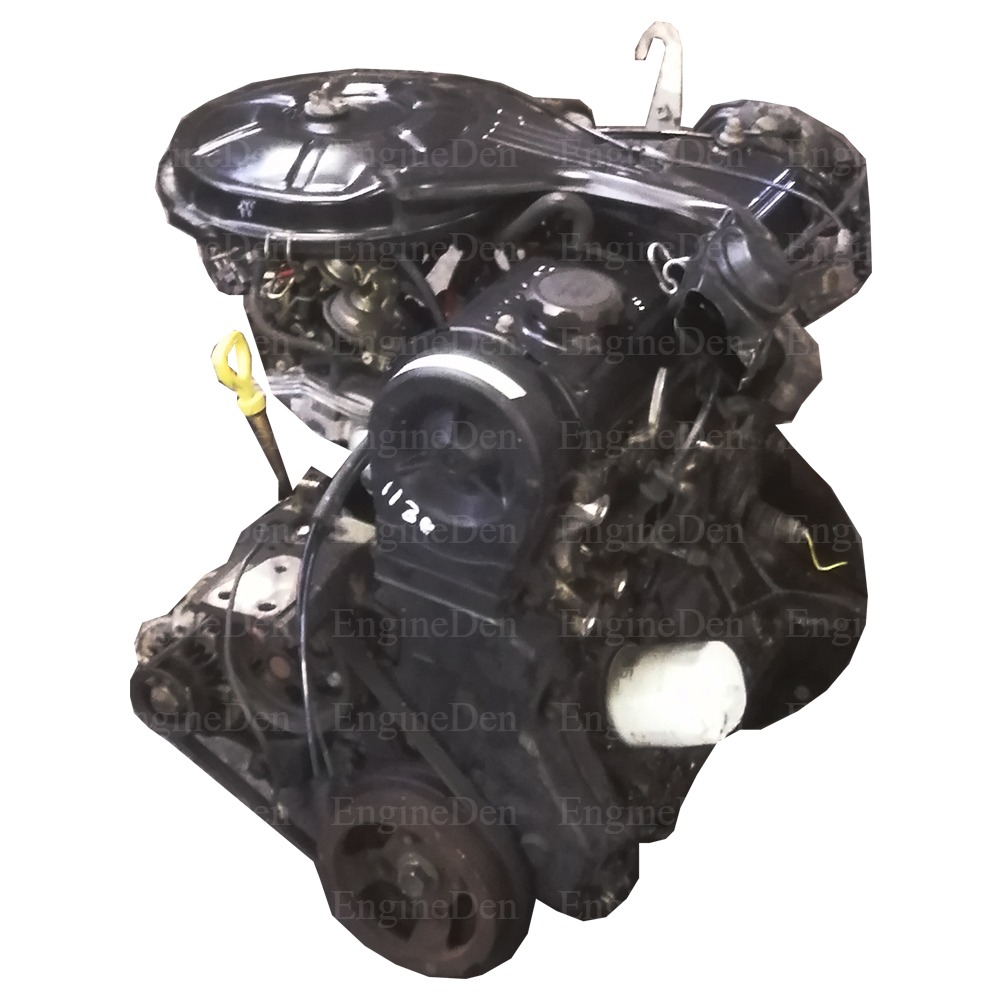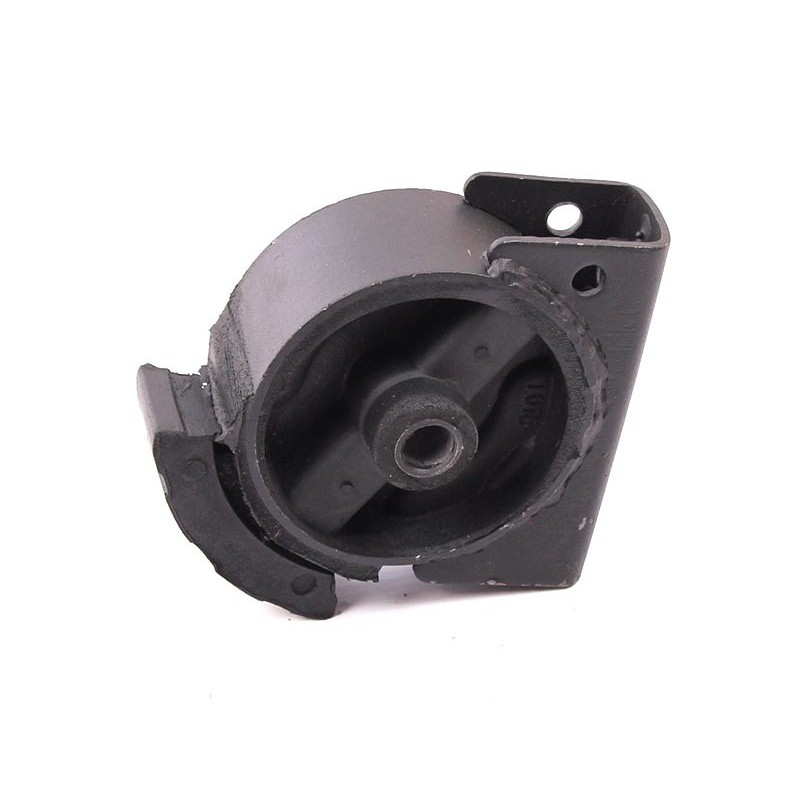Revitalize Your Car: Toyota Tazz Engine for Sale Now Offered
Revitalize Your Car: Toyota Tazz Engine for Sale Now Offered
Blog Article
Engine Buying Specialist Tips on Choosing the Right Engine for Your Particular Needs
Picking the right engine for your certain needs entails a complicated interplay of aspects that go past plain horse power numbers. By diving right into the ins and outs of power versus performance, assessing gas scores, and budgeting for lasting expenses, one can genuinely maximize their engine choice.
Power Vs. Efficiency: Finding the Balance

When picking an engine, it is critical to strike a balance in between power and efficiency to satisfy your particular needs successfully. Power refers to the engine's ability to create energy for propulsion, determining variables like velocity, hauling capability, and total performance (Toyota Tazz Engine For Sale). On the various other hand, performance associates to exactly how well the engine makes use of gas to produce power, influencing aspects such as gas economy and ecological friendliness
Accomplishing the right equilibrium between power and effectiveness is important since an engine that is too powerful may consume too much fuel, bring about higher operating prices and unnecessary pressure on the environment. On the other hand, an engine that prioritizes effectiveness over power might lead to slow-moving efficiency, especially popular situations like pulling heavy lots or driving uphill.
To make an informed decision, think about factors such as your typical driving conditions, the desired use of the vehicle, and your individual preferences. By evaluating your demands and priorities, you can pick an engine that strikes the perfect balance in between power and performance, guaranteeing ideal efficiency while minimizing environmental effect and operating expense.
Comprehending Engine Dimension and Type

Common engine types include inline engines, V engines, and rotating engines, each with its distinct advantages and drawbacks. Recognizing the interaction between engine size and kind is crucial in choosing an engine that straightens with your particular needs and top priorities, whether it be power, performance, or an equilibrium of both.
Consider Your Car's Demands
If you are looking for an engine for a sturdy vehicle that will be utilized for towing, you will require an effective engine with high torque capacities. On the various other hand, if you are picking an engine for a portable car primarily made use of for city commuting, fuel effectiveness may be a much more critical variable to consider.

Evaluating Fuel Effectiveness Scores
Examining fuel efficiency scores is a vital facet of picking the right my link engine for your vehicle, ensuring price financial savings and ecological sustainability. Fuel efficiency ratings, typically measured in miles per gallon (MPG) for fuel engines or kilowatt-hours per 100 miles (kWh/100 miles) for electric engines, show how much a car can travel on a particular quantity of fuel or electricity. Greater MPG or reduced kWh/100 miles values signify extra reliable engines, equating to lowered gas expenses and lower carbon exhausts.
When reviewing fuel efficiency ratings, consider your driving needs and behaviors. A highly fuel-efficient engine can result in significant cost savings over time if you commute long distances daily. Furthermore, compare different engine alternatives within the exact same automobile class to determine the most cost-effective choice. Elements such as engine dimension, weight, aerodynamics, and crossbreed or electric abilities can all influence gas efficiency.
Budgeting for Long-Term Costs
Strategically intending for lasting costs is essential when selecting an engine, ensuring economic view it sustainability over the automobile's life expectancy. While the initial acquisition cost of an engine is a substantial aspect, it is vital her comment is here to think about the long-lasting costs linked with upkeep, fixings, and gas usage.
Furthermore, researching the availability and price of substitute parts for the picked engine is important in budget preparation. Engines with easily available and budget friendly components can dramatically affect long-term upkeep costs. Additionally, considering the engine's resilience and anticipated life-span can assist stay clear of unforeseen substitute expenses in the future. By carefully budgeting for these lasting expenses and factoring them right into the decision-making procedure, people can choose an engine that not just fulfills their immediate demands however likewise continues to be affordable throughout its life-span.
Conclusion
Finally, picking the right engine for your certain demands requires stabilizing power and performance, understanding engine size and type, considering your automobile's needs, evaluating fuel effectiveness scores, and budgeting for lasting costs. By thoroughly thinking about these aspects, you can make certain that you choose an engine that meets your needs and offers ideal efficiency for your automobile.
To better improve the option procedure of an engine that strikes the ideal balance between power and effectiveness, it is necessary to dive right into the details of recognizing engine size and type. Engine size refers to the total quantity of air and gas that can be pressed via the engine cyndrical tubes. Typical engine kinds include inline engines, V engines, and rotary engines, each with its distinct advantages and disadvantages. Comprehending the interplay between engine dimension and kind is crucial in choosing an engine that lines up with your particular needs and priorities, whether it be power, efficiency, or a balance of both.
Gas performance scores, usually determined in miles per gallon (MPG) for gasoline engines or kilowatt-hours per 100 miles (kWh/100 miles) for electrical engines, show exactly how far a vehicle can take a trip on a certain amount of fuel or electrical power.
Report this page